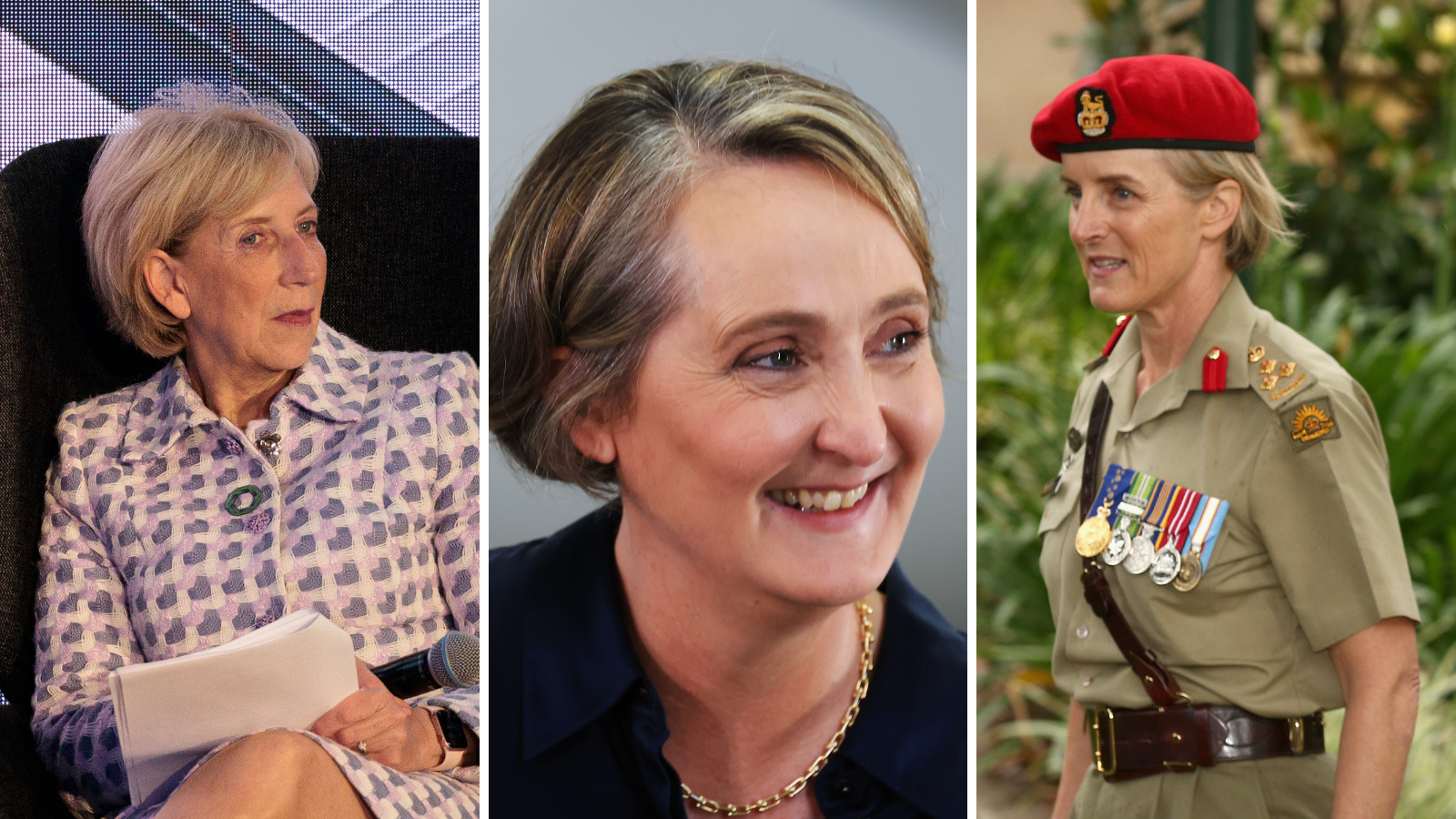
Meet the three Australian women on Forbes’ 50 over 50 list for 2026
From airline chiefs to United Nations advisors, these are the four Australians to make Forbes’ 50 Over 50 Global list for 2026.

From airline chiefs to United Nations advisors, these are the four Australians to make Forbes’ 50 Over 50 Global list for 2026.
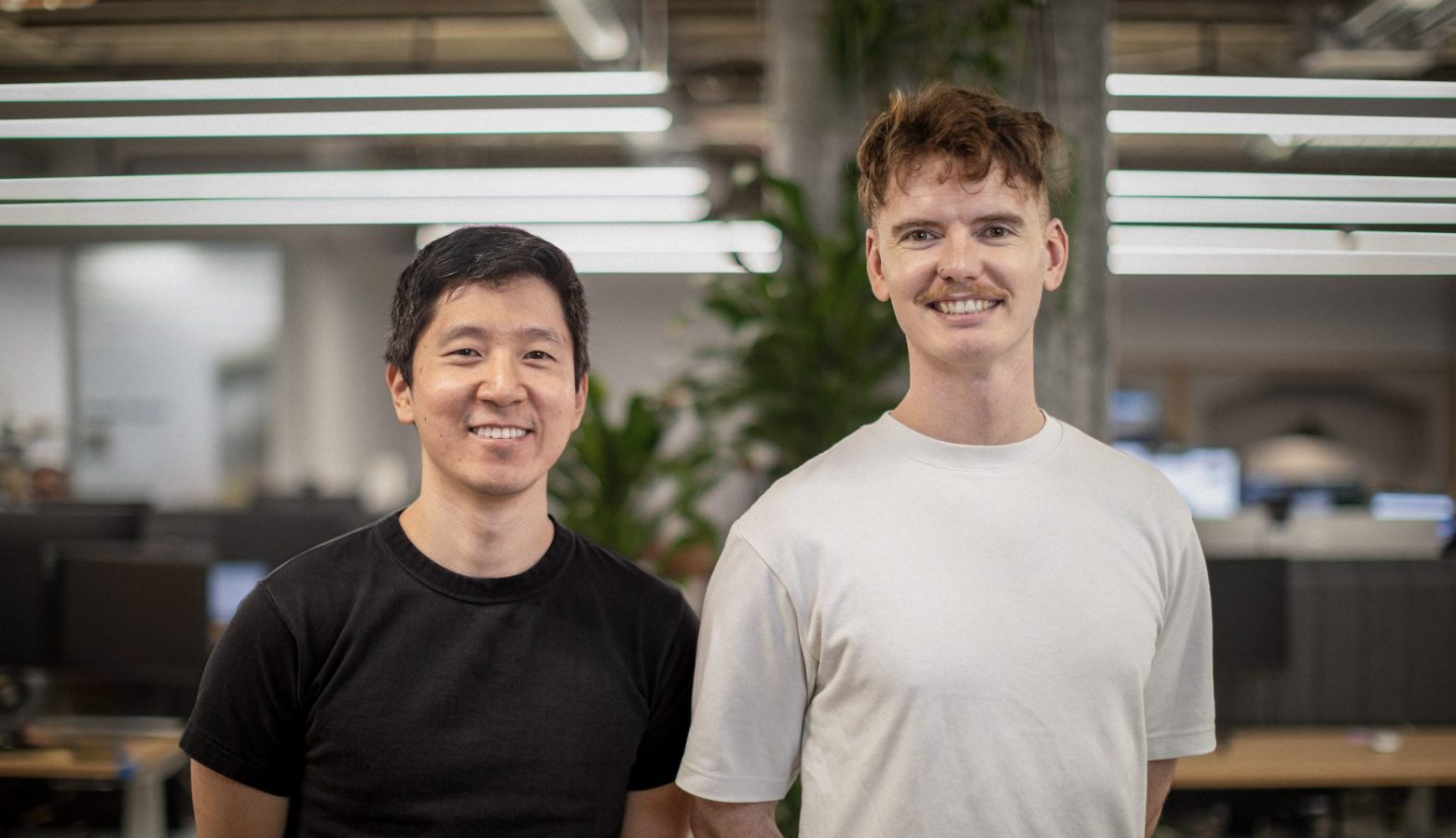
The round is led by Blackbird, which participated in the Series A raise less than a year ago. New investors include Costanoa Ventures, Uncork Capital, Fika Ventures, GD1 and Icehouse Ventures.

From an intelligent ‘longevity mirror’ to Boston Dynamics’ Atlas Robot, CES is the place to be to see the next round of cutting-edge technology. Dr Catherine Ball’s boots were on the ground in Las Vegas.
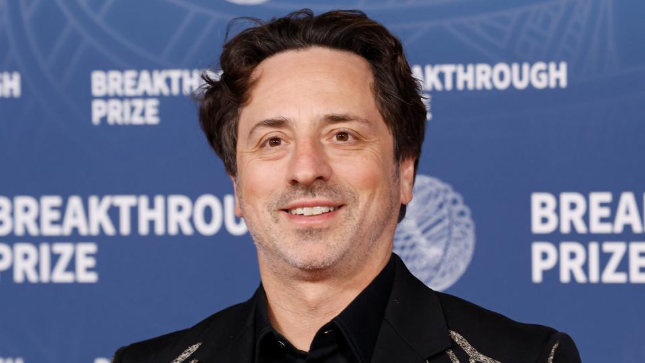
The Google parent’s stock hit a new record after a new AI deal with Apple, pushing its market value above $4 trillion.
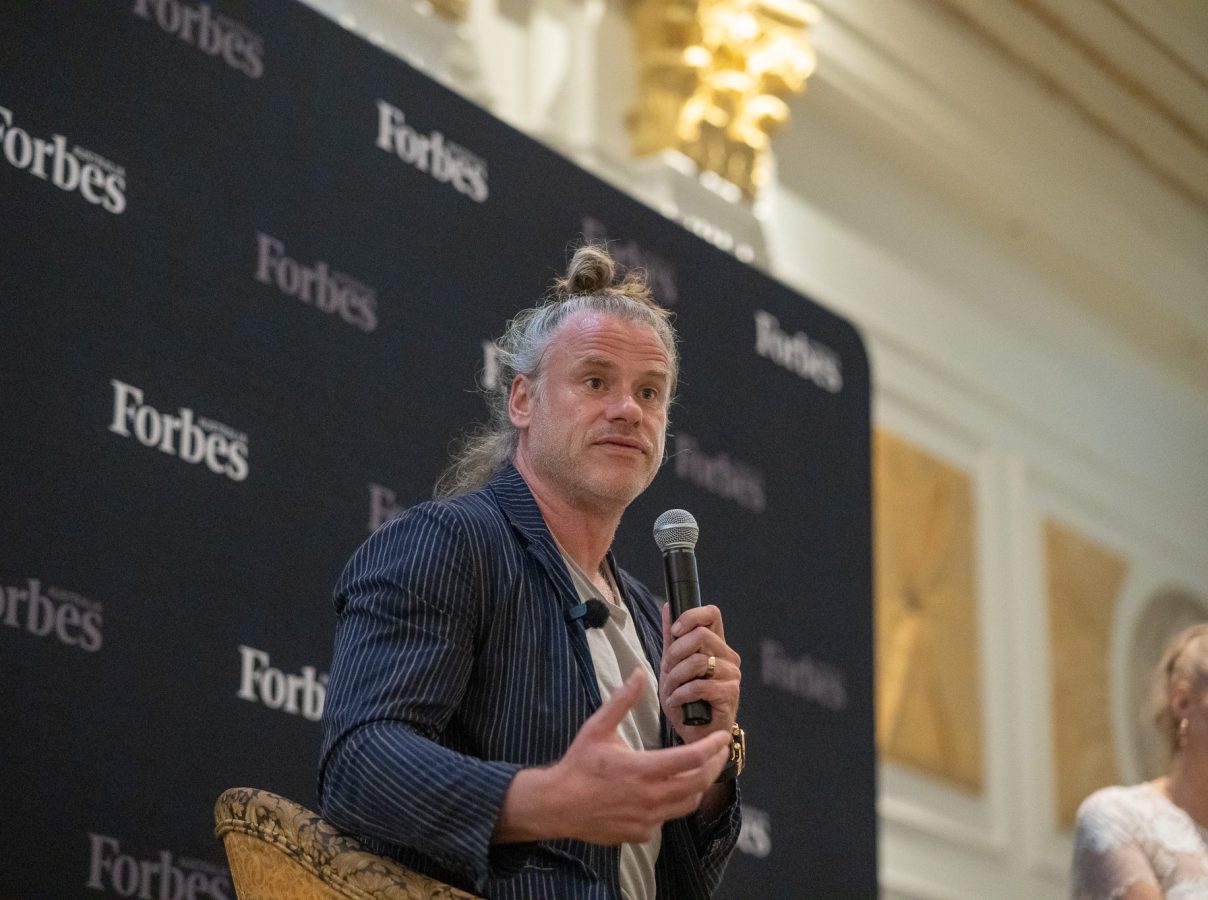
Sali and Byron Bay chocolatier Emica Penklis are rewriting the cacao rulebook and facing one of the sweetest problems a business can have: organic demand outstripping supply.
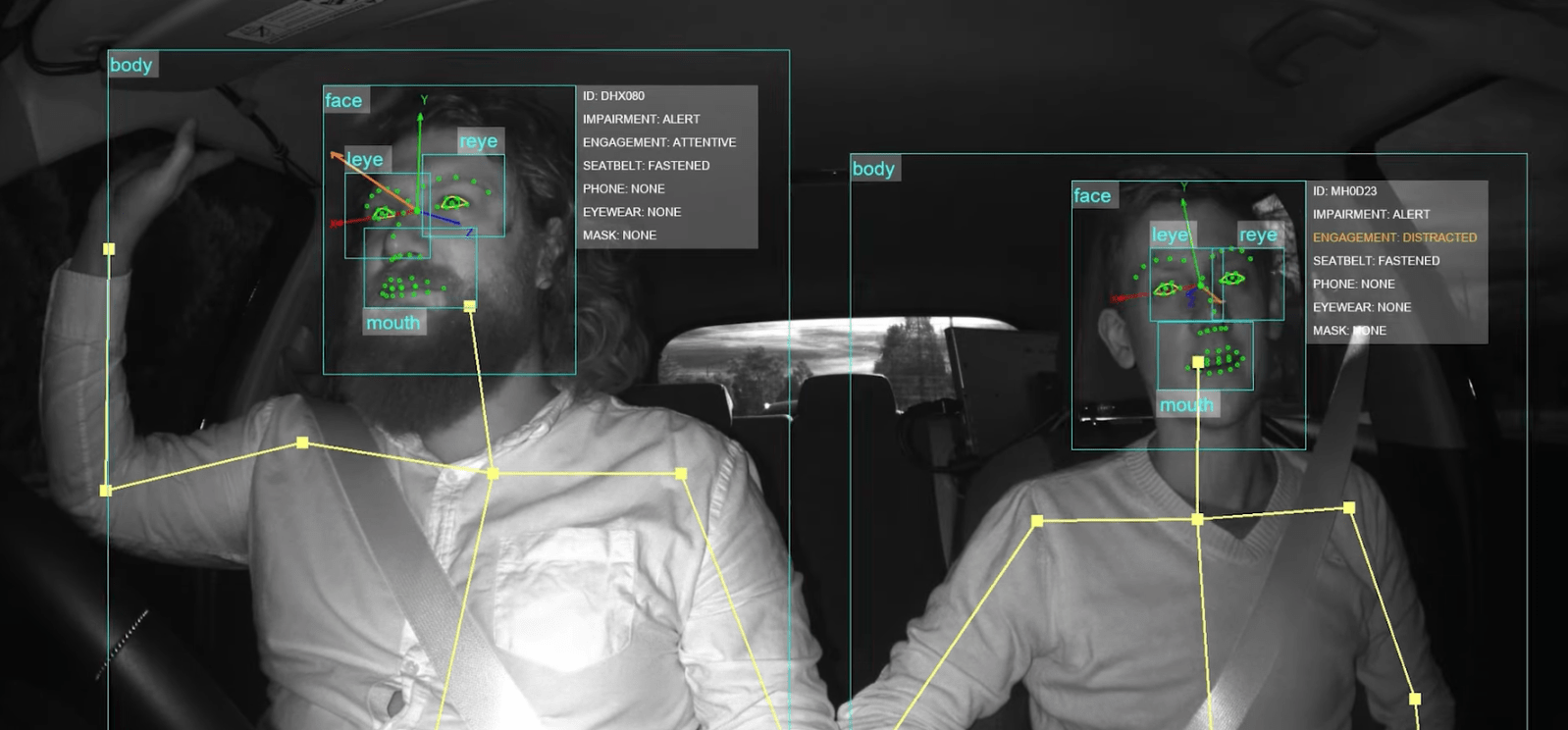
Advancements in machine learning and other technologies have helped Seeing Machines develop new safety solutions for drivers, including intoxication detection, 3D cabin perception mapping, and a new rear-view mirror solution.

If 2025 taught us anything, it’s that Australians no longer travel to tick boxes. We are travelling to reconnect with place, with people, and with how travel makes us feel.

These 8 must-read publications made a splash in 2025 and are highly recommended reads for you to upskill over the summer break.

Fuelled by AI, prediction markets and online gambling, there are more self-made billionaires under 30 than ever before, 13 up from a previous record of 7.

Ben Dawson believes the best ideas are held by other people and has developed a strategy to get them comfortable enough to speak up. It forms a part of what he calls vulnerable leadership, which he says is now more important than ever.